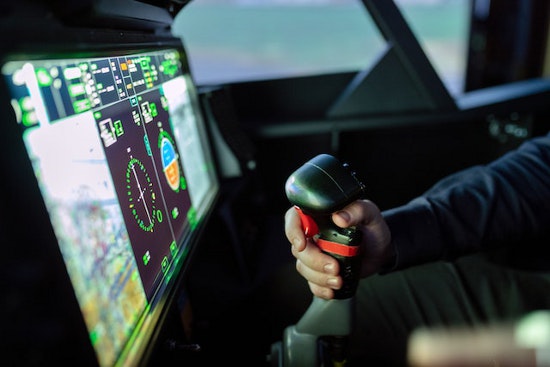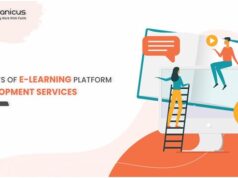Virtual Reality(VR) has been a dominant topic in tech news over the last few years, with tons of companies jumping on the bandwagon to see what the hype is all about. Beyond gaming and entertainment, there are other industries using virtual reality in their day-to-day operations, many of which you would least expect.


1. The Military
In recent years, the military has become increasingly interested in utilizing virtual reality to increase training efficiency and improve situational awareness for soldiers. Some classic examples of this include flight, combat, and equipment maintenance simulators. There are other unique examples as well, such as the Navy using virtual reality to help treat PTSD patients. By providing patients with a simulated environment that replicates their traumatic experiences, doctors hope that this virtual exposure therapy will help veterans to overcome their anxiety and trauma symptoms.
2. Law Enforcement
Virtual Reality is also being used in the law enforcement sector to improve policy training and productivity. Here are several ways VR technology can be used by law enforcement:
- VR allows officers to experience a situation as if they were actually on the scene. This can help them better understand how unique situations unfold and aid in their decision-making when interacting with suspects, victims, and the general public.
- VR allows officers to take on different scenarios without dealing with potential consequences.
- VR is being used by law enforcement in training programs for new police recruits. Some recruits are now required to complete a three-day training course that uses VR simulation technology. With the help of VR, a recruit’s training performance can be recorded and better evaluated immediately thereafter. This allows trainees to see exactly what they did correctly, what they did incorrectly, and how they can do better next time.
3. The Healthcare Industry
Healthcare is one of the most anticipated industries to utilize virtual reality technology. With it being such a technical practice, one should expect that VR technology can be integrated into almost all aspects of healthcare in some way or another. Until recently, however, the true scope of VR in healthcare hadn’t yet been recognized. For example, think about how many patients have been able to meet virtually with doctors and therapists over the last few years. In addition, virtual reality is being used to train doctors and nurses in new techniques, giving them a seemingly real experience without risking a patient’s well-being.
One of the most significant benefits of virtual reality in healthcare is that it can even allow patients to explore different scenarios without experiencing them firsthand. When a patient is particularly scared or apprehensive about undergoing surgery, a VR introduction to the procedure can help put their minds at ease.
4. The Media Industry
Virtual Reality has become a popular tool for media industries to create new and immersive experiences. This includes augmented reality(AR) and mixed reality(MR). What Is Mixed Reality? Mixed Reality is a term that refers to the idea of using virtual reality technology in conjunction with physical reality. You can use mixed reality for various purposes, including marketing and product development. Some media companies utilizing virtual reality include social media platforms and advertising firms.
- Social Media Platforms; like Facebook and Twitter have started using virtual Reality for advertising purposes. For example, Facebook recently released a 360-degree video ad for their Chanel brand that uses virtual Reality to allow viewers to explore different aspects of Chanel’s history worldwide.
- Advertising Firms; are also starting to use virtual reality for creative purposes. For example, BBDO Germany created a short film called “The Lab,” which uses virtual reality to let viewers explore different experiments.
5. The Tourism Industry
The tourism industry is always looking for new and innovative ways to attract tourists, and virtual reality is one of the latest methods. You can use VR to create a completely realistic visitor experience, leading to increased business sales in the tourism industry.
Some businesses are using VR to promote their locations as destinations. For example, some businesses are using virtual reality to create a tour of their facility that visitors can take without ever leaving the comfort of their homes. This allows tourists to see areas of the facility they might not be able to visit in person, and it also gives them an idea of what the facility looks like from all different angles.
Conclusion
Virtual reality is quickly becoming an essential part of many industries, and there’s no limit to how it can be used. Whether you’re a business looking to create a more immersive experience for your customers or a tech junky wanting to have fun online, the 5 industries mentioned above are just a few examples of how VR is taking over.









